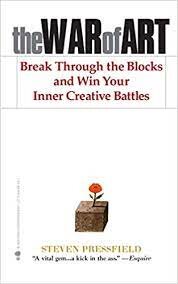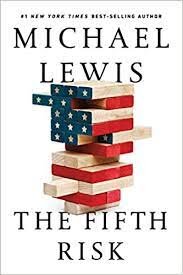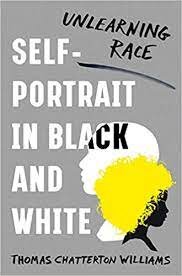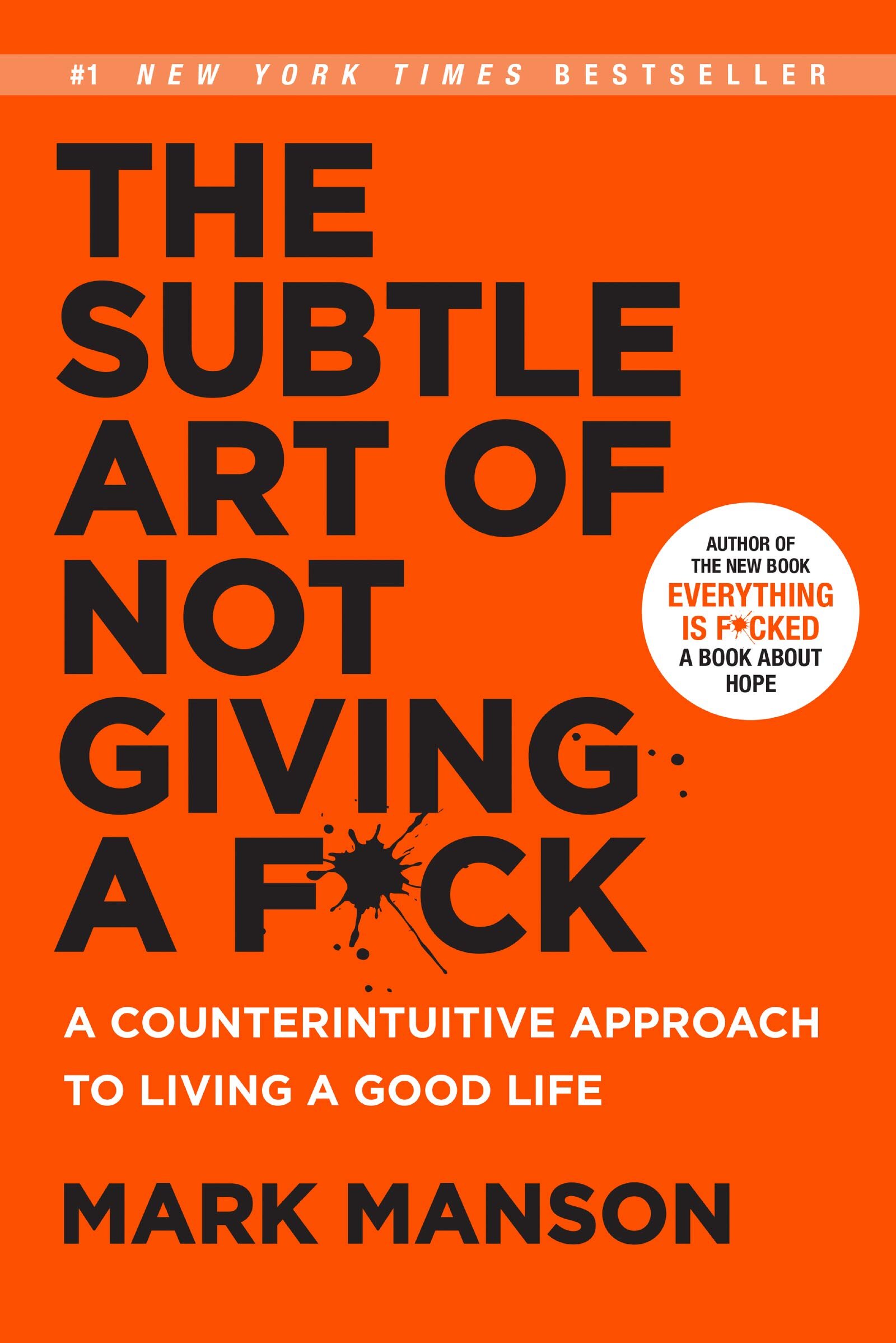Music Writing Taken to Another Level

That early page of a book where most writers place a heartfelt dedication, Hanif Abdurraqib juxtaposes the words of two young, Black and gifted artists, Loraine Hansberry and Lil Uzi Vert.
Just as Hansberry’s groundbreaking art fertilized the proper sociopolitical conditions for someone like a Lil Uzi Vert to share his, Hansberry’s profound words spoken during a casual conversation in her living room gracefully extend into Uzi’s XO TOUR Llif3 lyric.¹
“I wish to live because life has within it that which is good, that which is beautiful, and that which is love. Therefore, since I have known all of these things, I have found them to be reason enough and I wish to live. Moreover, because this is so, I wish others to live for generations and generations and generations and generations.” – Lorraine Hansberry
“I cannot die because this is my universe” – Lil Uzi Vert
I tapped to the table of contents, which surprised me even more.
He writes about Chance the Rapper and My Chemical Romance?
What looks like an unironic exploration of Carly Rae Jepsen and a case study of Allen Iverson’s vicious crossover of Michael Jordan in the same book??
Why are all these essay titles so damn poetic?
The cool book cover of a retro wolf in a rope chain, the Uzi and Loraine quotes, and the table of contents were already a strong, curiosity-inducing combination of introductory book elements but after reading the most genuine foreword from Eve Ewing, the hype reached an atmospheric level before reading a single essay.
Hanif’s writing quickly matched and far exceeded the hype.
Like Eve Ewing remarked in her foreword, the essays do so much more than average music criticism. They reconnect me with the reasons why I like my favorite artists and why the artists themselves are so integral to my experience of the music. They make me listen to music with fresh ears, open to hearing what my draw to particular lyrics, notes, sounds and beats said about me.
As gratifying as the reveal of Anthony Fantano’s album ratings can be, these essays make me wonder why music criticism revolves around abstract and subjective scores at all—which serves to separate “higher” from “lower” forms of art and cheapens the unique experience of every listener into something that’s only judged by its sonic qualities.
Music can not be experienced away from everything else going on in our lives. Thus, it can not be accurately reflected on by itself—music exists in harmony with the struggle and serendipity of everyday life.
Hanif Abdurraqib understands this so well.
He effortlessly moves between personal and political contexts while grappling with any subject matter and it is with this contextual foundation that he can make you genuinely care and interested in whatever he\’s writing about. This is the mark of not only a good writer, but of an exceptional teacher.
Hanif is a writer I look up to and I’m proud that he’s from Ohio.
I enjoyed every moment reading this book and it motivates me to keep getting better.
Thank you, Hanif.1.) Source for Loraine’s Conversation https://bit.ly/32Jd8RZ






